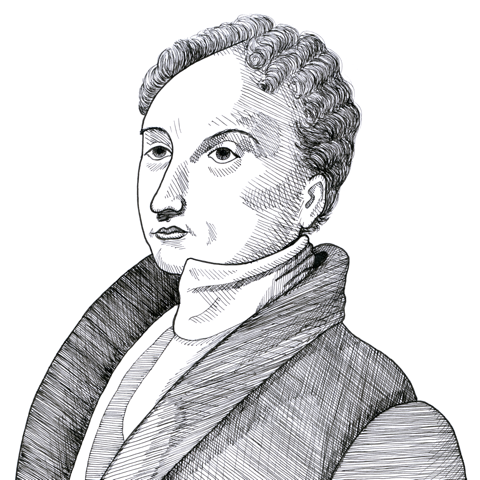
James Mill on Who are to watch the watchmen? (1835)
Found in: The Political Writings of James Mill (1815-1836)
The Philosophic Radical James Mill (1773-1836) believed that the answer to the age old problem of “who is to guard us from the guardians” lay in regular elections and a free press:
Parties & Elections
This has ever been the great problem of Government. The powers of Government are of necessity placed in some hands; they who are intrusted with them have infinite temptations to abuse them, and will never cease abusing them, if they are not prevented. How are they to be prevented? The people must appoint watchmen. But quis custodiet ipsos custodes? Who are to watch the watchmen?—The people themselves. There is no other resource; and without this ultimate safeguard, the ruling Few will be for ever the scourge and oppression of the subject Many.